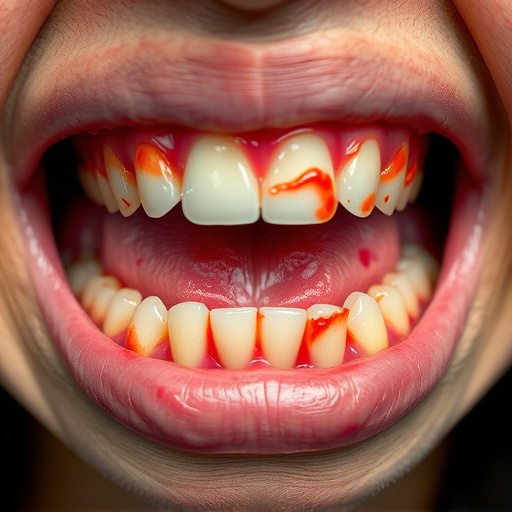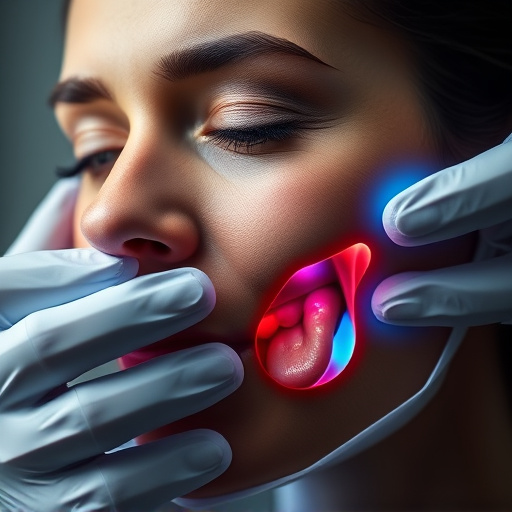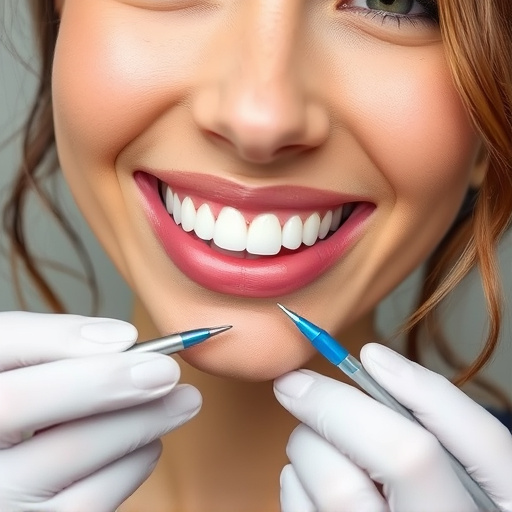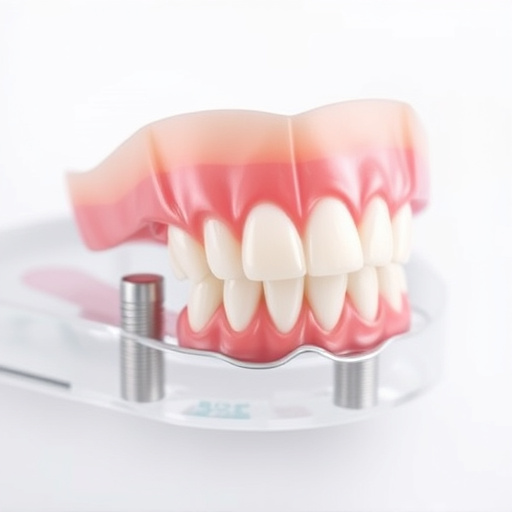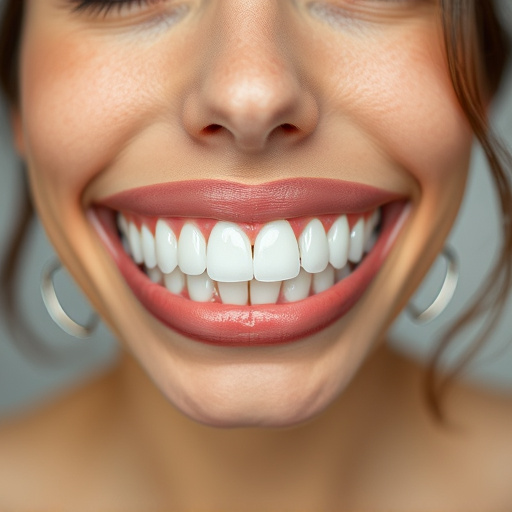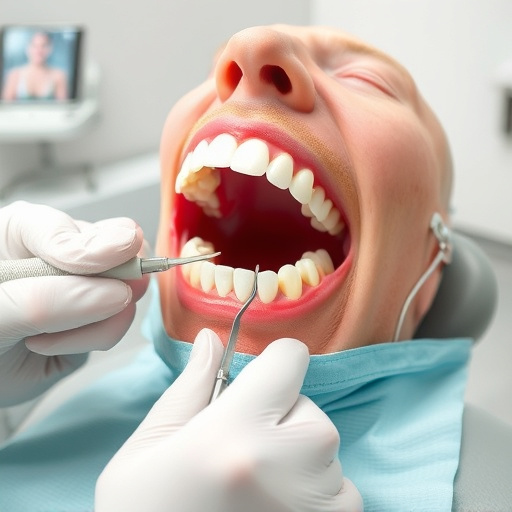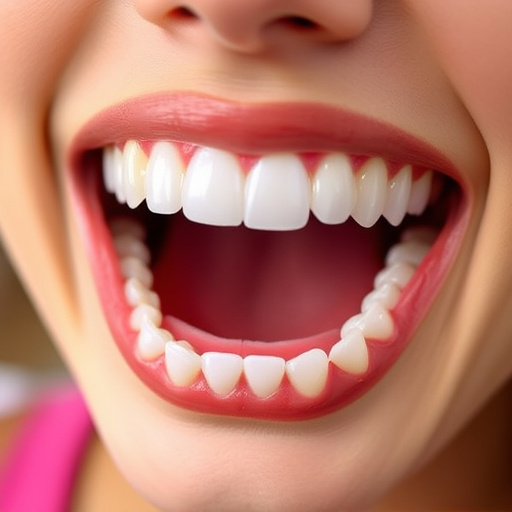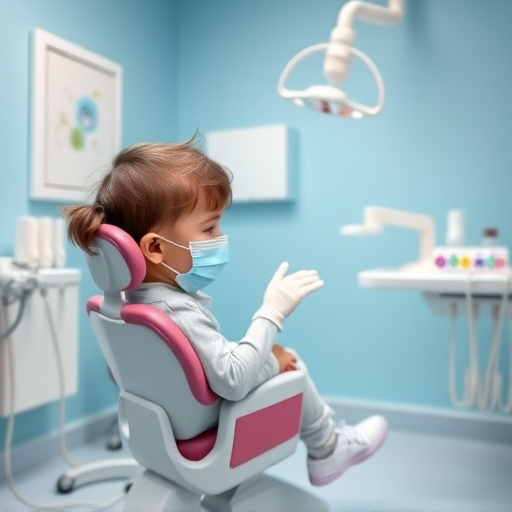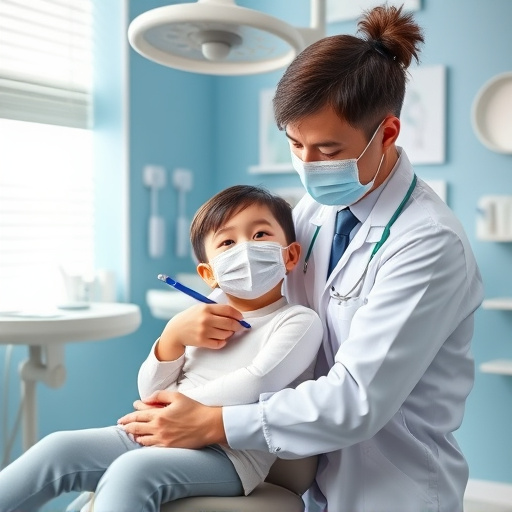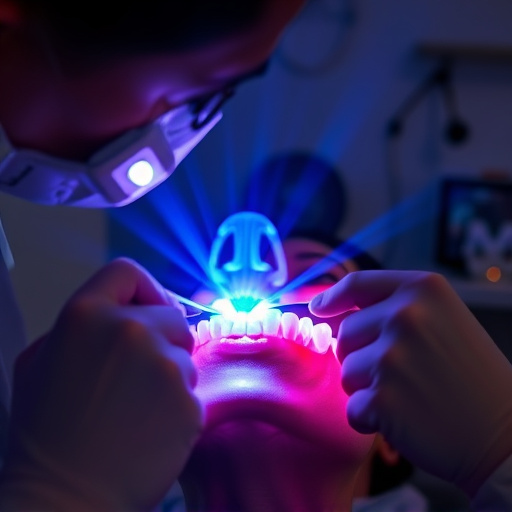Dental care for seniors faces unique challenges due to aging and complex medical histories, impacting sensitivity, dry mouth, saliva reduction, and gum recession. Restorative dentistry, like fillings, crowns, and implants, addresses age-related oral deterioration. Clear aligners provide a discreet alternative to braces for correcting misalignments. Maintaining good oral hygiene through brushing, flossing, and mouthwash is crucial. Regular dental check-ups every six months are vital. Accessing quality dental care for seniors is a nationwide concern, addressed by geriatric dentistry programs, mobile clinics, remote consulting, and expanded insurance coverage. Emergency dental services complement clear aligners for mild to moderate misalignments.
“As the population ages, understanding and providing optimal dental care for seniors becomes increasingly vital. This comprehensive guide explores the unique dental needs of the elderly, offering practical tips for daily oral hygiene at home. We delve into strategies to maintain mouth health, prevent age-related dental issues, and ensure access to quality dental care services nationwide. By adopting these best practices, caregivers and seniors alike can navigate the landscape of senior dental care with confidence.”
- Understanding the Unique Dental Needs of Seniors
- Essential Practices for Daily Oral Hygiene at Home
- Accessing Quality Dental Care Services for Elderly Individuals Nationwide
Understanding the Unique Dental Needs of Seniors
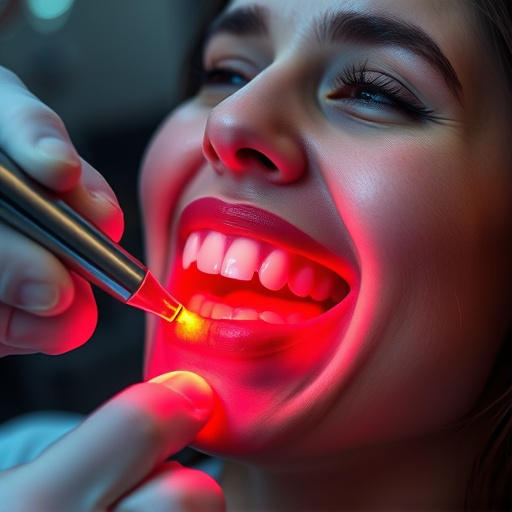
The dental needs of seniors differ significantly from those of younger adults due to natural aging processes and often complex medical histories. As people age, they may experience increased sensitivity, dry mouth, reduced saliva production, and receding gums, making them more susceptible to tooth decay, gum disease, and other oral health issues. Additionally, certain medications can contribute to dental problems like tooth discoloration, dryness, or decreased immunity, further complicating oral care.
Recognizing these unique challenges is crucial for providing effective dental care for seniors. Restorative dentistry plays a vital role in addressing age-related oral deterioration. Procedures such as fillings, crowns, and implants help restore teeth affected by decay or damage. Even minor procedures like wisdom tooth removal can alleviate discomfort and prevent potential complications. Moreover, clear aligners offer an alternative to traditional braces, providing a more discreet option for correcting misalignments commonly found in older adults.
Essential Practices for Daily Oral Hygiene at Home
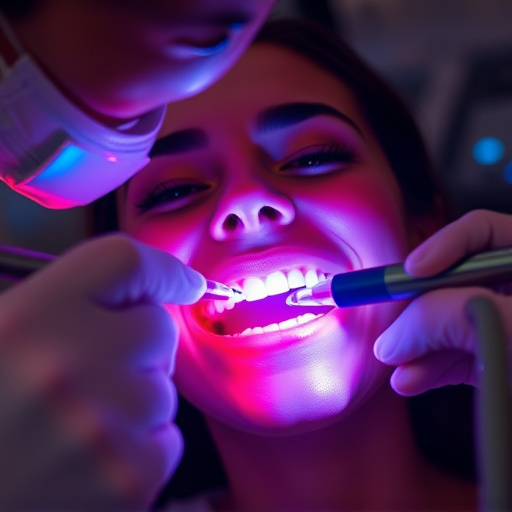
Maintaining good oral hygiene is an essential aspect of overall health, especially for seniors. Daily practice should include thorough brushing and flossing to remove plaque buildup, which can lead to gum disease and tooth decay if left unchecked. Using a soft-bristled brush and fluoride toothpaste, individuals aged 65 and above should brush their teeth at least twice daily, ensuring they spend enough time cleaning all surfaces of each tooth. Flossing is equally crucial, as it removes plaque from areas between the teeth that brushes can’t reach. Many seniors find using dental floss holders or water flosser devices helpful for maintaining proper flossing technique.
In addition to these general dentistry practices, seniors should consider incorporating mouthwash into their routine for extra protection. Antimicrobial mouthwashes can help reduce bacteria and freshen breath. Regular dental check-ups with a qualified dentist are also vital. While some may opt for specialised services like cosmetic dentistry or focus on children’s dentistry, general dentistry visits for exams, cleanings, and X-rays every six months are recommended to catch potential issues early.
Accessing Quality Dental Care Services for Elderly Individuals Nationwide
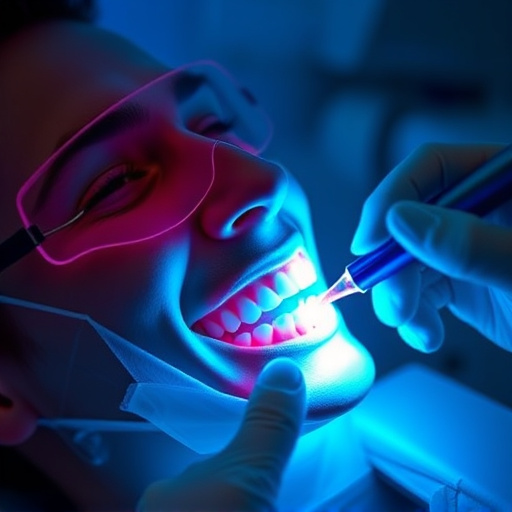
Accessing quality dental care services for elderly individuals is a significant concern across the nation. Many seniors face challenges in finding suitable dental professionals who understand their unique needs, often leading to preventable oral health issues. According to recent studies, older adults require tailored care that considers age-related factors like reduced mobility, dry mouth, and medication side effects, which can impact their overall oral health.
To address this gap, numerous initiatives are focused on improving dental accessibility for seniors. These include the development of specialized geriatric dentistry programs, mobile dental clinics, and remote consulting services. Additionally, insurance coverage for routine and emergency dental care has been expanded in many regions to ensure financial affordability. Emergency dental care remains a crucial aspect, with quick-response services available for acute oral issues like tooth infections or injuries. Furthermore, clear aligners have gained popularity as a non-invasive treatment option for seniors seeking to rectify mild to moderate misalignments without the discomfort associated with traditional braces.
Dental care for seniors is a critical aspect of overall health and well-being. By understanding the unique dental needs of older adults, practicing essential oral hygiene routines at home, and ensuring access to quality dental care services nationwide, we can significantly improve the oral health of our aging population. These best practices not only enhance quality of life but also contribute to the prevention of more serious health complications associated with poor dental hygiene in seniors.
